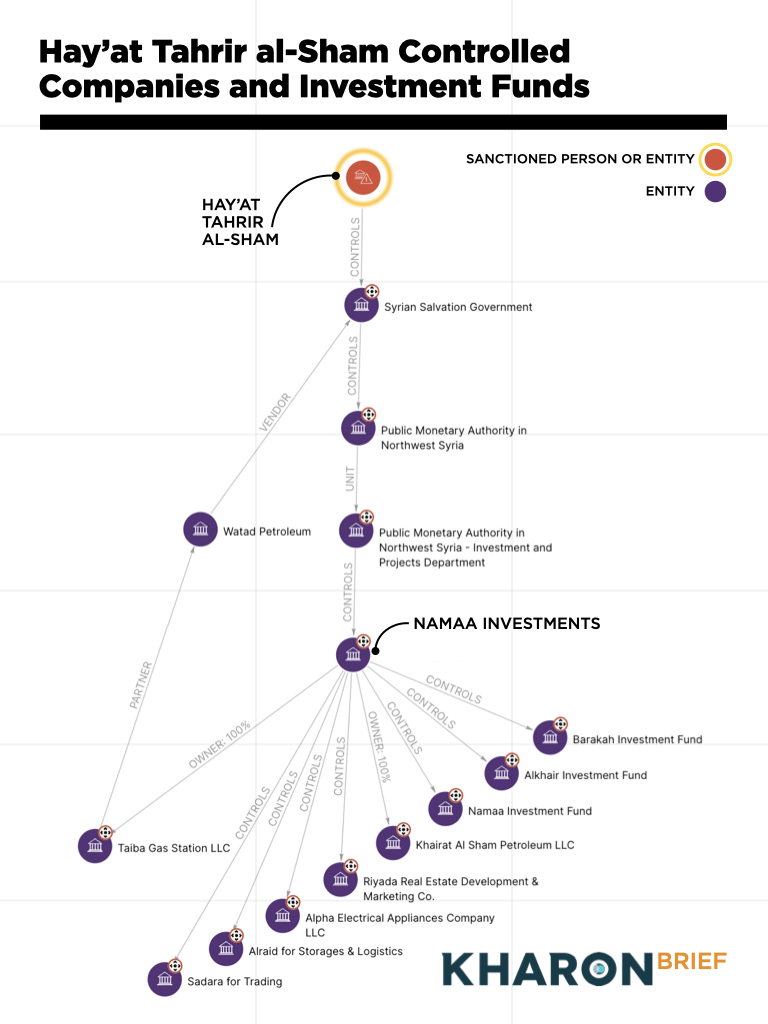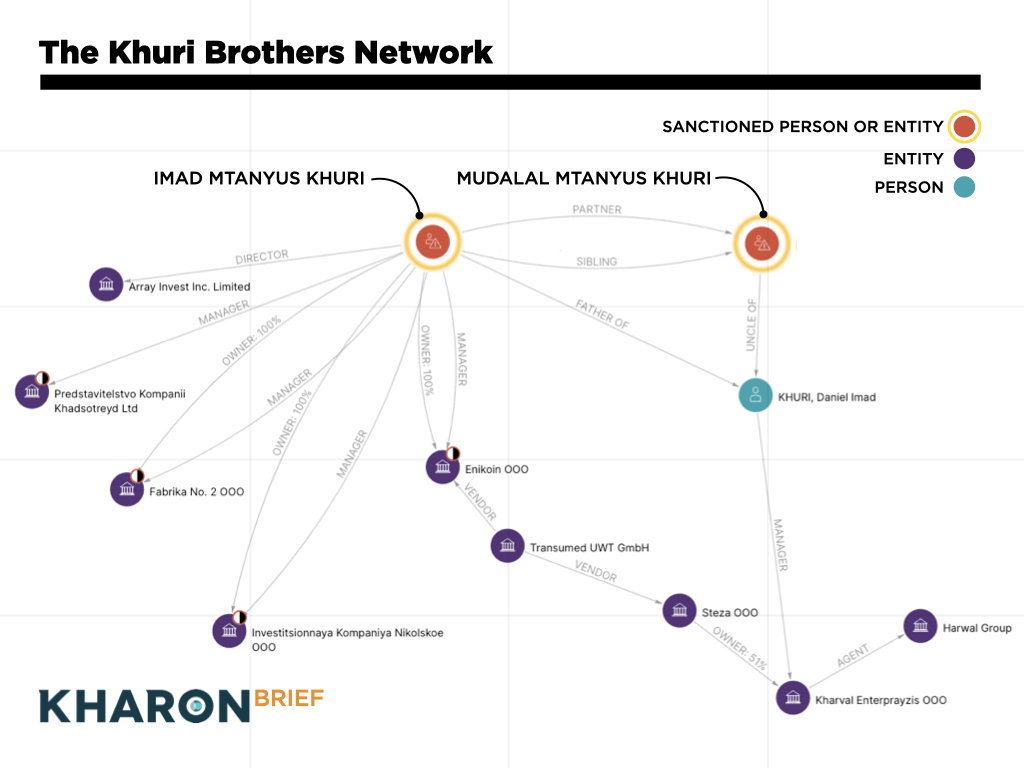In light of the unfolding events in Syria, Kharon examined the impact of international sanctions on the country, Hay’at Tahrir al-Sham’s (HTS) control over emerging financial structures, and business networks tied to the Assad regime.
During a Dec. 19 webinar, Kharon experts highlighted the persistent challenges of sanctions enforcement, emphasizing the need for adaptability in regulatory frameworks to address the evolving financial strategies of both the Assad regime and HTS.
During a Dec. 19 webinar, Kharon experts highlighted the persistent challenges of sanctions enforcement, emphasizing the need for adaptability in regulatory frameworks to address the evolving financial strategies of both the Assad regime and HTS.
HTS, a sanctioned terrorist group based in Syria's northwest region, took control of the capital, Damascus, in early December, overthrowing the Assad regime, which ruled the country for more than 50 years.
"The events of last month culminating in the takeover of Damascus and the collapse of the Assad government have introduced arguably new challenges and new dimensions to this already complex picture," said Mark Nakhla, Chief Research Officer at Kharon, during the webinar.
Here are key takeaways from the discussion:
HTS Financial Operations
"The events of last month culminating in the takeover of Damascus and the collapse of the Assad government have introduced arguably new challenges and new dimensions to this already complex picture," said Mark Nakhla, Chief Research Officer at Kharon, during the webinar.
Here are key takeaways from the discussion:
HTS Financial Operations
- Rebranding and Expansion: Originally founded as a Syrian branch of al-Qaida, HTS, in recent years, underwent a strategic rebranding to distance itself from al-Qaida, expanding its economic footprint in areas under the group’s control since 2016.
- Namaa Investments (Namaa): The sanctioned group controls Namaa, a major entity based in Idlib, a city in northwest Syria. Namaa operates across multiple industries, including real estate, petroleum, and logistics.
- Sanctions Evasion: Despite HTS being a designated terrorist group, Namaa has generated over $24 million in profit since being founded in 2021, using both informal (cryptocurrency) and formal (investments) financial channels to generate, access and move funds.

Kharon users can explore this Insight in greater detail through the ClearView platform.
Assad Regime’s Financial Networks
- Continued Operation Despite Sanctions: Up until its ouster, the Assad regime was able to evade sanctions and conceal assets through a global network of enablers, including family and close associates.
- Khuri Brothers Network: Syrian-Russian businessmen, Mudalal Mtanyus Khuri and Imad Mtanyus Khuri, sanctioned in 2015 and 2016 respectively, have served as facilitators of Assad’s financial interests through a network of companies and offshore businesses. “The Khuri brothers have represented the Assad regime’s business and financial interests in Russia for decades. During the Syrian civil war, the Khuri network used Moscow front companies and offshore tax havens to move millions for the Assad regime," said Abby O'Keefe, a research analyst at Kharon.
- Links to Illicit Activities: The Khuri network has been linked to an attempted purchase of a chemical compound that can be used in manufacturing explosives for the Assad regime, according to news reports.

Kharon users can explore this Insight in greater detail through the ClearView platform.
Challenges in Sanctions Enforcement
- Evolving Tactics: Both HTS and the displaced Assad regime networks continue to adapt their financial operations using more sophisticated methods to bypass sanctions.
- Opaque Corporate Structures: The use of family members, enablers, and offshore companies to disguise ownership and control complicates enforcement and compliance. "Networks under sanctions... rely on these opaque corporate structures, but also on enablers, facilitators, and family members to disguise ownership, control, and activities.” Nakhla said.

Click here to watch the webinar on-demand.







